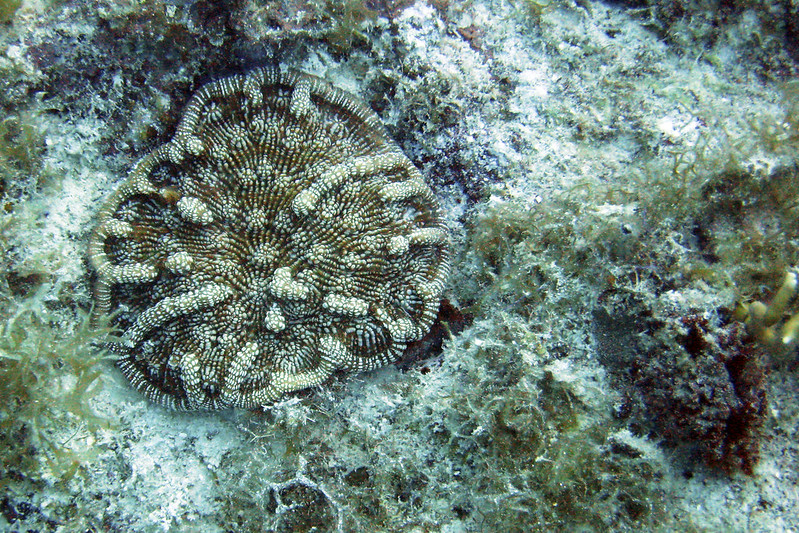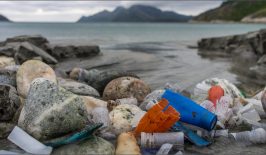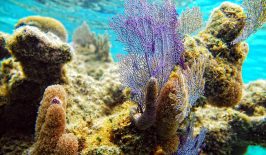Coral reefs across the world are increasingly under threat from climate change and environmental damage. According to Reefs at Risk Revisited, around 75 percent of all coral reefs are under threat, while 25 percent have already been irreparably damaged. One such coral under immediate threat is the Great Florida Reef – the only living coral barrier reef in the continental USA and the third largest barrier reef in the world. Warmer water, sewage pumping, human maritime activity and stormy weather has all increased damage to the reefs, with a 10 percent reduction in living coral in recent years. For some particularly vulnerable coral species – such as the elkhorn and staghorn corals – this number is around 93 to 98 percent.
However, a pioneering marine research institute in Tampa, Florida has developed new techniques that might offer the corals a new lease of life. The Florida Aquarium, in collaboration with the Florida Fish and Wildlife Conservation Commission and National Oceanic and Atmospheric Administration National Marine Fisheries Service, was recently able to artificially grow Atlantic living coral in a laboratory environment for the first time.
Growing coral in a laboratory or aquarium is notoriously difficult. To stimulate the corals’ reproductive cycle, several precise environmental conditions must be met, involving factors such as water temperature, tides, sunrise and sunsets. Replicating these processes in the correct way in an artificial environment is no easy feat, although the Florida Aquarium’s sophisticated laboratory has been able to do just this. The coral nursuries are placed in greenhouses to provide a natural day-night cycle, while the temperature is closely controlled throughout the year to mimic ideal conditions for breeding.
The initial breakthrough occurred in August 2019, when the lab became the first in the world to grow Atlantic coral (Pacific coral had previously been grown by the Horniman Museum in London), in particular the highly endangered pillar coral. Now, in April 2020, they have followed up this success by growing the ridged cactus coral – again a world first.
This is a particularly important development as the life cycle of the ridged cactus coral is not fully understood, which has hampered attempts to protect this threatened species. Ridged cactus corals are so-called brooding corals, which means only their sperm – and not their eggs – are released into the water. Instead, fertilisation and larval development occurs inside the parent coral which then releases fully grown larvae. Brooding corals generally release fewer, but larger larvae, with the larvae produced by the Florida Laboratory being the largest ever recorded. Once released, the larvae carry the symbiotic algae from their parents which is essential to their survival and the creation of new reefs.
Before April, the larvae of the ridged cactus coral – known as Mycetophyllia lamarckiana – had never been photographed, while its larval release time had also never been recorded. It is hoped the new breakthrough will allow researchers to better understand and protect these important parts of the marine ecosystem. Dr. Debborah Luke, the aquarium’s senior vice president of conservation, stated:
“The Florida Aquarium is committed to caring for threatened species of coral and leading critical initiatives that facilitate our ability to restore the Florida Reef Tract. Our Coral Conservation Program uses a science-based, impact-driven approach to increase the genetic diversity of coral offspring, maximize coral reproduction rates and advance coral health.”
Damage to barrier reefs means corals of certain species are often too far apart to reproduce. It is hoped that by using this technology, the Florida Aquarium can produce so-called coral arks, consisting of endangered species such as pillar coral and long-spined urchins, which can then be placed in the wild to kickstart new coral colonies and close up these gaps.
The health of coral reefs is central to the long term survival of all marine ecosystems. Although only two percent of the seafloor are covered by coral reefs, they maintain around 25 percent of all marine life and act as important nursery and breeding grounds for a vast multitude of species.






